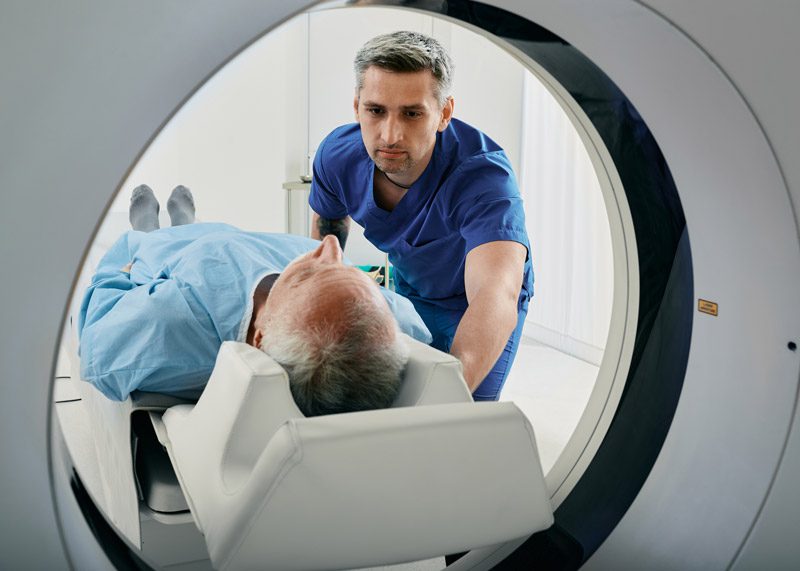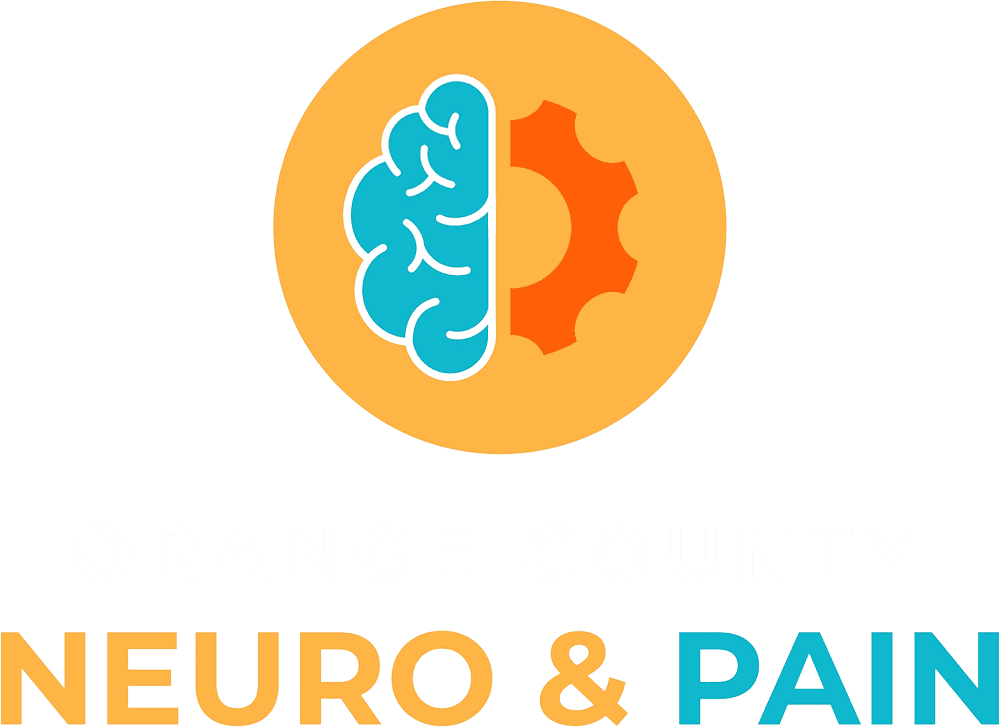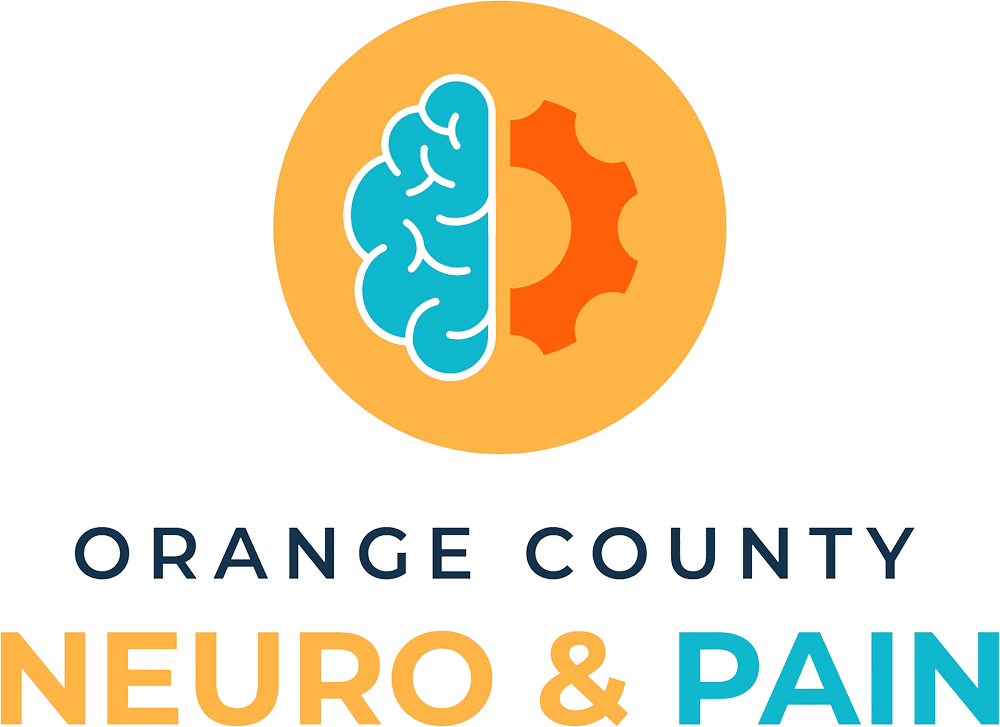

Traumatic brain injury (TBI) occurs when the brain is injured by an external force, such as a blow to the head or a penetrating object. TBI can range from mild to severe, and the symptoms and complications vary depending on the severity of the injury.
Signs of TBI
Symptoms of TBI can include headache, dizziness, confusion, memory loss, mood swings, and sensitivity to light and noise. Severe TBI can cause loss of consciousness, seizures, and paralysis. Symptoms may appear immediately or several days after the injury.
Complications of TBI can vary depending on the severity of the injury. Mild TBI may cause temporary symptoms such as headaches or memory loss, but typically resolves within a few weeks. Moderate to severe TBI can cause long-term or permanent complications, including cognitive impairment, personality changes, seizures, and coma.

Causes of TBI
The most common causes of TBI are falls, motor vehicle accidents, and sports injuries. Military personnel are also at risk for TBI due to combat-related injuries. Certain medical conditions, such as stroke or brain tumors, can also cause TBI.
Risk Factors For TBI
Risk factors for TBI include age, with older adults and young children being at higher risk; gender, with men being more likely to experience TBI; and certain activities, such as contact sports or high-risk occupations.
Diagnosing TBI
Diagnosing traumatic brain injury (TBI) involves a comprehensive evaluation of the individual’s symptoms, medical history, and physical exam. Imaging tests, such as computed tomography (CT) scans or magnetic resonance imaging (MRI), may be used to assess the extent of the injury and rule out other possible causes of symptoms.
Neurological exams may also be conducted to assess cognitive function, reflexes, and muscle strength. In some cases, cognitive tests may be administered to evaluate memory, attention, and other cognitive functions.
In more severe cases, individuals with TBI may require hospitalization for observation and treatment. In these cases, medical professionals may monitor the individual’s vital signs and conduct additional tests, such as intracranial pressure monitoring or electroencephalogram (EEG) to assess brain activity.
Diagnosis of TBI is important to ensure appropriate treatment and management of symptoms. It is important to seek medical attention if you suspect a TBI, especially if symptoms persist or worsen over time. Early diagnosis and treatment can help prevent complications and improve outcomes for patients of all ages.
TBI Treatment Options
Treating TBI requires a comprehensive approach that addresses the individual’s specific symptoms and needs.
Treatment for TBI may involve a combination of medications, rehabilitation therapy, and surgery. Medications such as diuretics, anti-seizure drugs, and coma-inducing medications may be prescribed to manage symptoms and prevent complications.
Rehabilitation therapy is also an essential component of TBI treatment. Physical, occupational, and speech therapies can help improve the individual’s motor skills, cognitive abilities, and communication. In some cases, surgery may be necessary to remove blood clots or repair skull fractures.
The recovery process for TBI can be lengthy and requires ongoing care and support. Family members and caregivers may play a significant role in helping the individual with TBI cope with their condition and adjust to any changes in their daily life.

